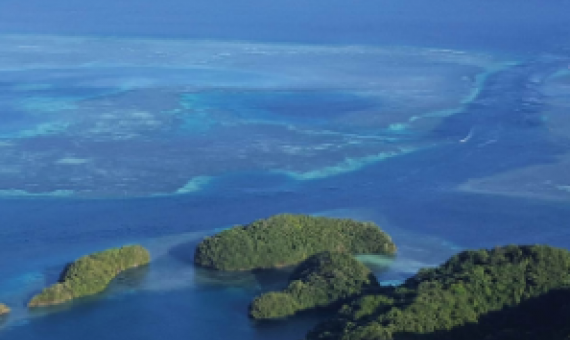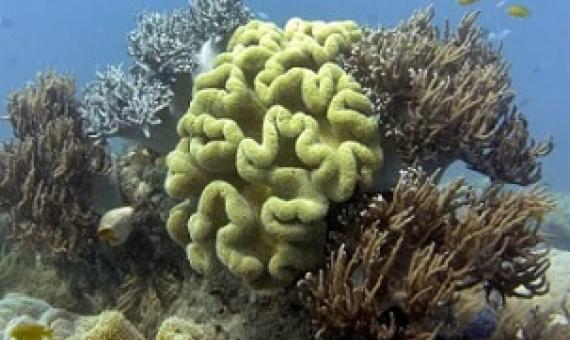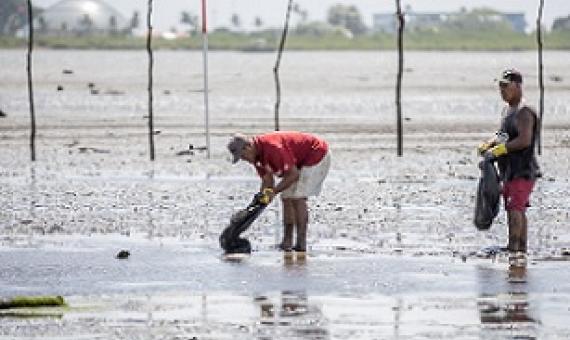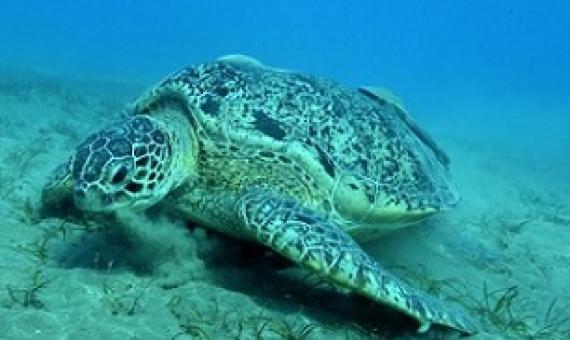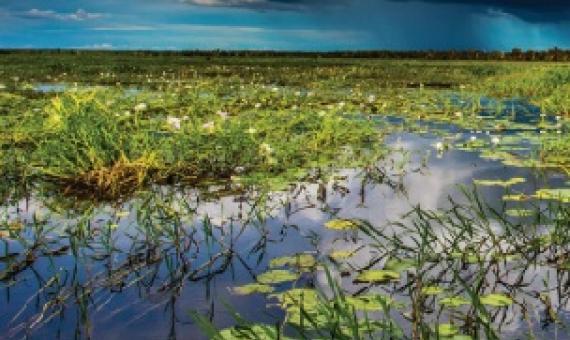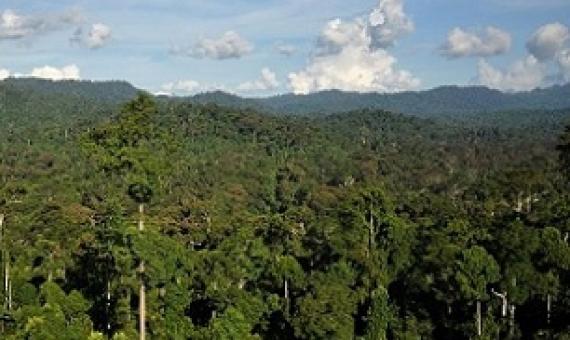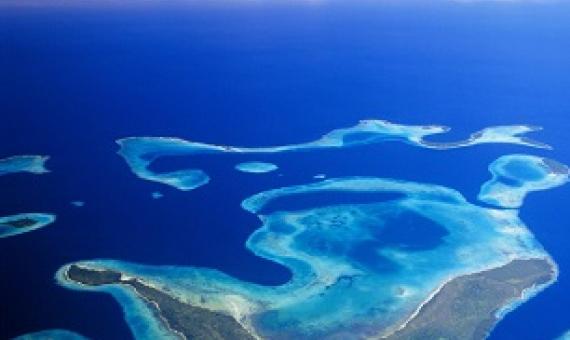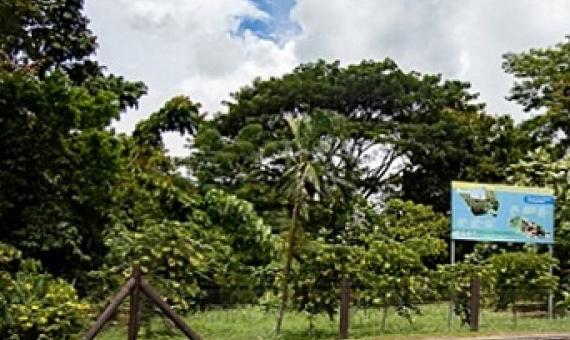In an article published in the peer-reviewed scientific journal, Wiley Interdisciplinary Reviews (WIREs) Water, the 13 experts say that while plastic waste is an issue, its prominence in the general public's concern for the environment is overshadowing greater threats, for exam
Coral bleaching has been detected again in several sites in Palau according to studies conducted by the Palau International Coral Reef Center (PICRC).
Australia's Great Barrier Reef has lost 50% of its coral populations in the last three decades, with climate change a key driver of reef disturbance, a new study has found.
Vaiusu residents have begun to clear a patch of their coastline for a mangrove replanting project in a bid to mitigate the effects of climate change long-term. The three-year project will also assist families who live on the coastline and depend on the sea for their livelihood.
...around the world, ecosystems and wildlife face growing threats from human activities, habitat loss and climate change. If one species dies off, its predators don't have as much to eat — and the cycle repeats.
University of Adelaide scientists have shown how droughts are threatening the health of wetlands globally.
UC Santa Barbara forest ecologist Anna Trugman—along with her colleagues at the University of Utah, Stanford University and the U.S. Forest Service—investigated the effects of repeated, extreme droughts on various types of forests across the globe.
La Niña is officially underway in the Pacific, as confirmed by the Pacific Meteorological Desk Partnership at the Secretariat of the Pacific Regional Environment Programme (SPREP).
Village leaders from Faleaseela, Lefaga, Siufaga and Falelatai have united to share their experiences and knowledge on ecosystem-based solutions to combat climate change.
The Earth's nature reserves are the basis for the preservation of global biodiversity. They are set to be affected by future climate change in very different ways.


